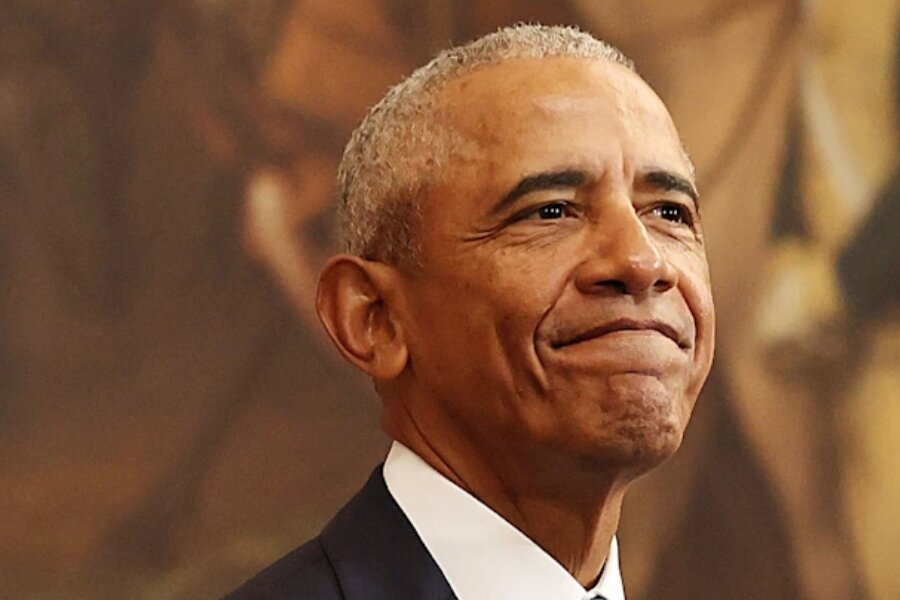Former President Barack Obama implied Tuesday that President Donald Trump was to blame for Charlie Kirk’s assassination, because of “extreme” personnel and policies that aroused violent opposition.
Obama was interviewed onstage by Steve Scully at the Jefferson Educational Society in Erie, Pennsylvania.
He mourned Kirk’s death, saying it was “horrific,” but made sure to recite an (inaccurate) laundry list of Kirk’s more controversial statements, including a false claim that Kirk claimed black women were stupid. Obama then said that Trump wanted to use Kirk’s assassination as “a rationale for trying to silence discussion around who we are as a country and what direction we should go.”
He then claimed that when he had been in the White House, “those extreme views were not in my White House. I wasn’t embracing them. I wasn’t empowering them. I wasn’t putting the weight of the United States government behind extremist views.”
In fact, it was Obama who inaugurated an era of division and extremism. On the campaign trail in 2008, he encouraged his supporters to confront friends and neighbors, and “argue with them, get in their face.”
As president, Obama backed the violent Occupy Wall Street protests. Most significantly, he fanned the Trayvon Martin controversy into a racially divisive crisis, turning to radical Al Sharpton — a demagogue so toxic that Obama had once refused to have anything to do with him, until he needed black support. Obama also embraced the destructive Black Lives Matter movement, which would go on to cause nationwide chaos.
The Obama administration was staffed with radicals. Not everyone from Obama’s far-left past made it into the White House — such as Jeremiah Wright or Bill Ayers — but other people with radical views held prominent roles. Anita Dunn, for example, claimed that Chinese communist Mao Zedong — the worst mass murderer in human history — was one of her most important personal philosophical sources of inspiration.
In his remarks on Tuesday, Obama also praised moderate Republicans as an alternative to Trump, such as Utah Gov. Spencer Cox — forgetting that he had spurned even moderate Republicans like Paul Ryan. When Ryan, then the chair of the House Budget Committee, proposed reforming entitlements, Obama invited Ryan to a speech on the subject, and then condemned him, to his face. Obama later said he regretted doing so, and that he did not realize Ryan would actually be in the room. But today Obama shows no such contrition about contributing to a toxic political climate in which the left, more than the right, feels violence can be justified.
In terms of policy, Obama pushed the radical Affordable Care Act — Obamacare — despite the fact that there was widespread opposition to it, rather than seeking incremental change on a bipartisan basis. That alone polarized politics in America. Obama labeled the Tea Party as extremists — and when he lost the House in 2010, instead of pivoting toward the middle as Bill Clinton had done, Obama moved further to the left.
In 2014, after losing the Senate, Obama make immigration changes by fiat that he had previously said he lacked the constitutional authority to do. It was the opposite of what many Americans had expected from a figure who burst onto the political stage in 2004 with a stirring call for national unity.
And today, Obama is driving that division still, pushing gerrymandering across America. None of that merited mention in Erie.
Share your thoughts by scrolling down to leave a comment.













